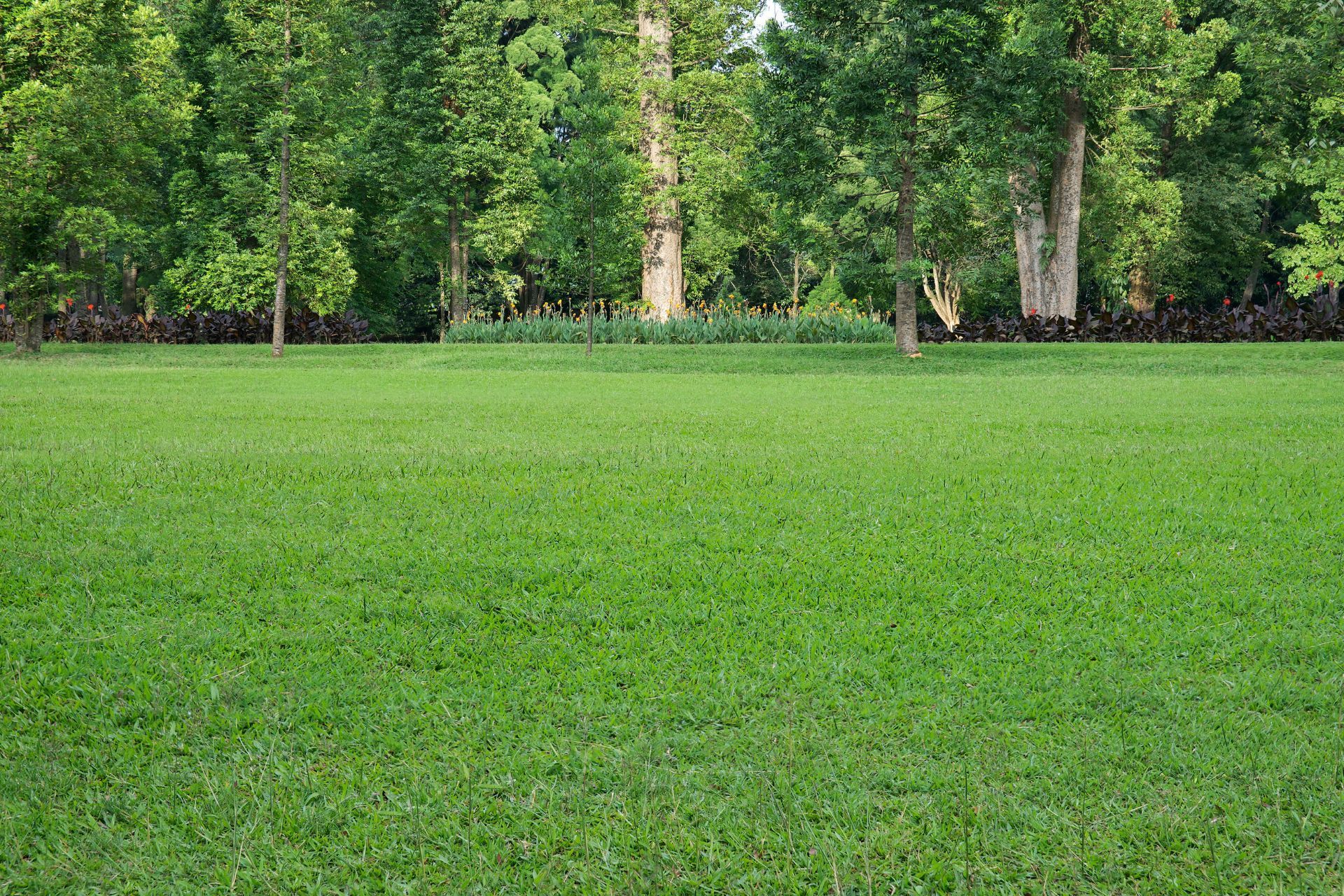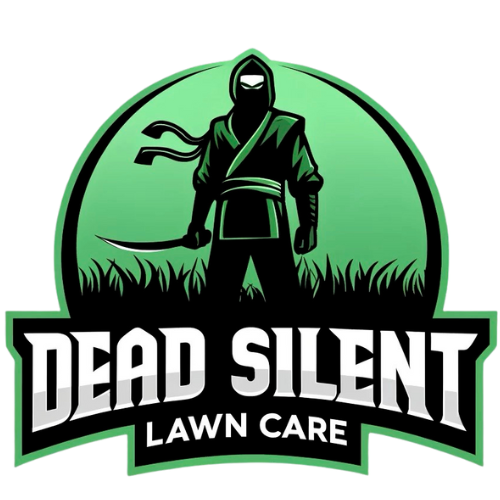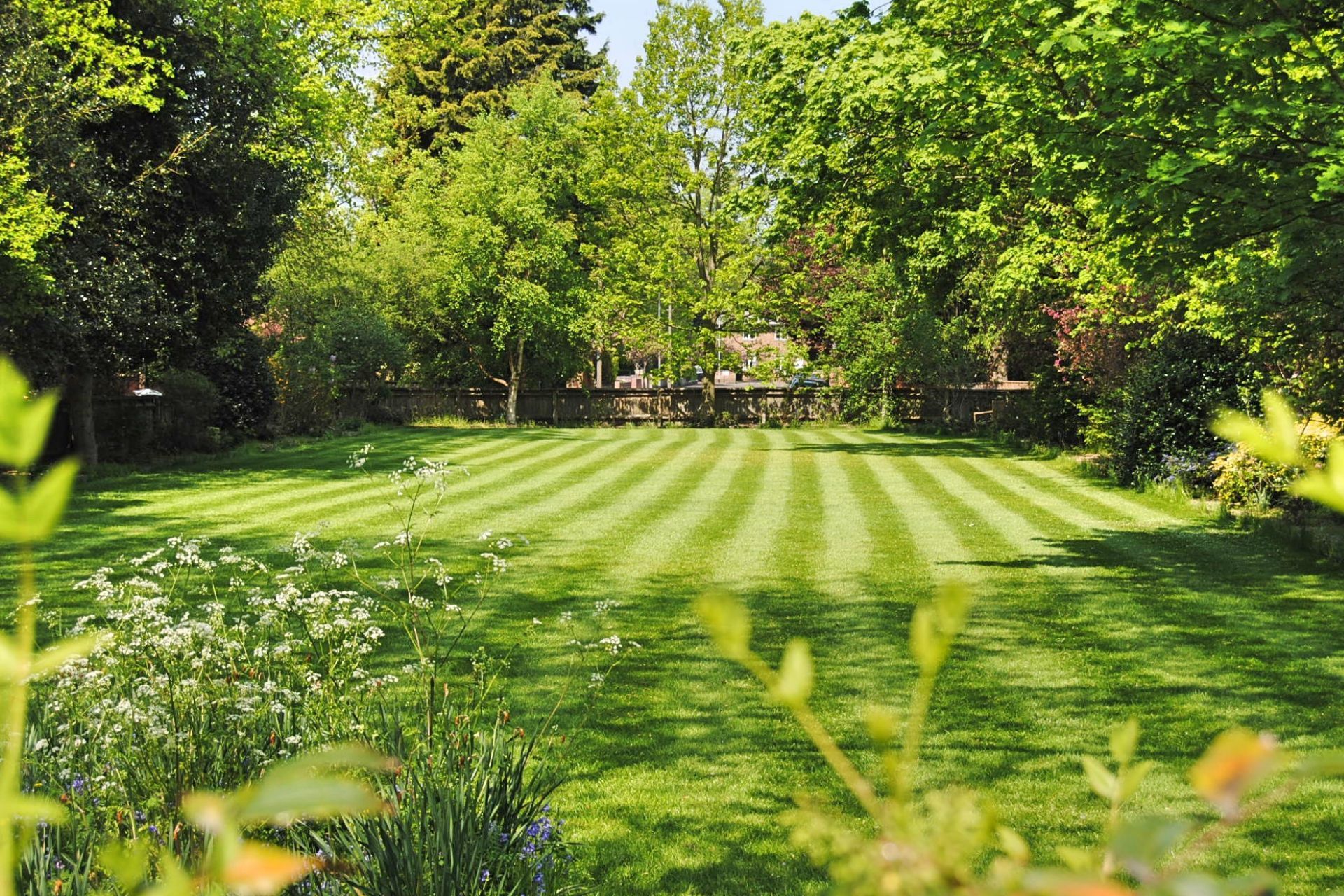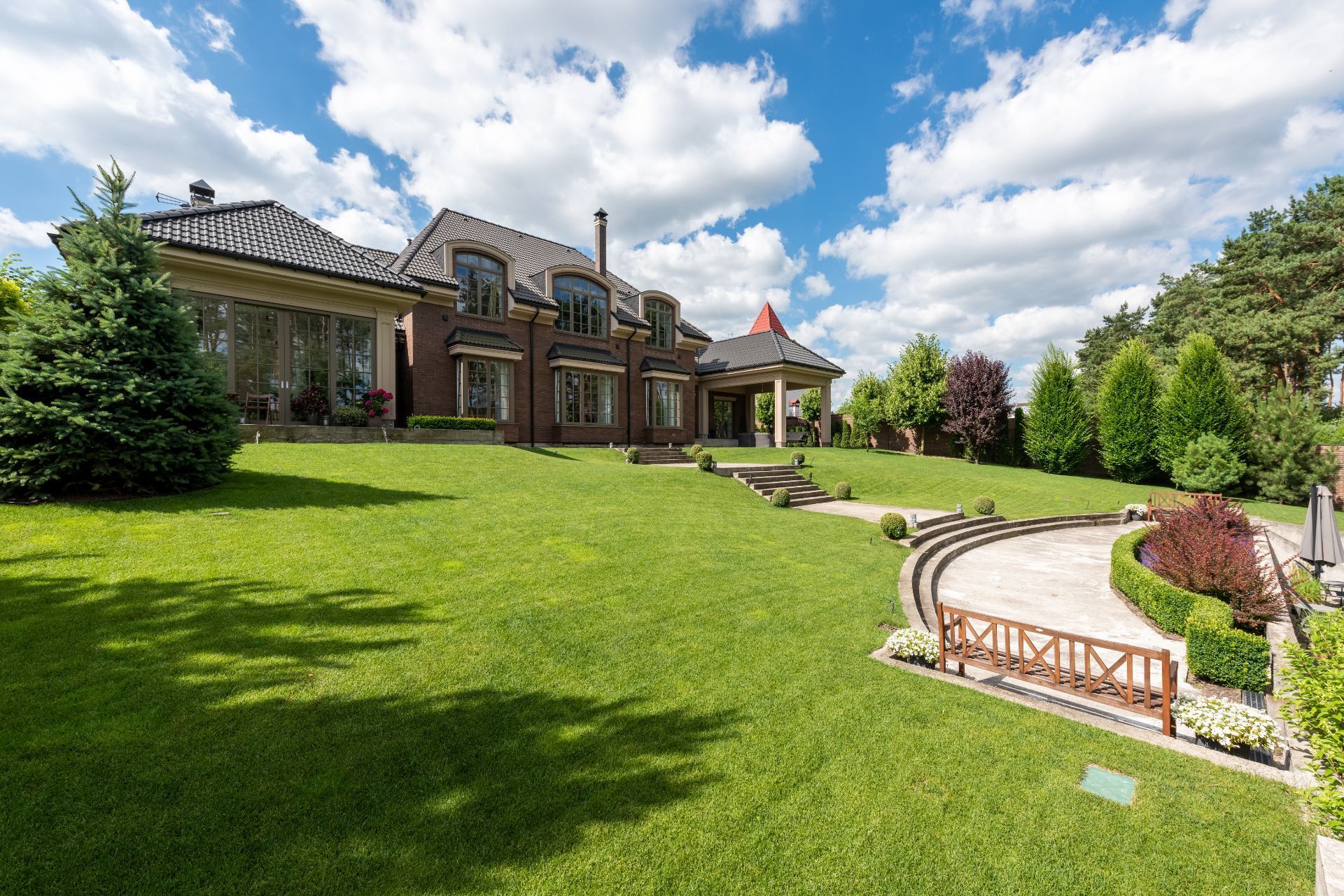The Best Grass Types for North Georgia Yards
Choosing the right type of grass for your yard is crucial for maintaining a beautiful and healthy landscape, especially in the diverse climate of North Georgia. At Dead Silent Lawncare in Athens, GA, we understand the unique challenges and opportunities presented by the region's weather and soil conditions. In this article, we'll explore the best grass types for North Georgia yards, helping you make an informed decision for a vibrant and hardy lawn.

1. Bermuda Grass
Characteristics and Benefits
Bermuda grass is a popular choice for North Georgia due to its durability and resilience. Known for its dense, lush appearance, it thrives in full sunlight and warm temperatures, making it ideal for the region's long summers. Bermuda grass is also highly drought-tolerant, which is a benefit during dry spells.
Maintenance Requirements
While Bermuda grass is low maintenance, it requires regular mowing and occasional fertilization to maintain its lush green appearance. It's important to aerate the soil to promote healthy root development and prevent compaction.
2. Zoysia Grass
Characteristics and Benefits
Zoysia grass is well-suited for North Georgia's variable climate. It offers a beautiful, soft texture and rich color that can handle both heat and some shade. Zoysia grass forms a dense turf, which makes it great at crowding out weeds naturally.
Maintenance Requirements
Zoysia grows slowly, reducing the need for frequent mowing compared to other grass types. However, it benefits from seasonal fertilization and overseeding to maintain its density and health.
3. Fescue Grass
Characteristics and Benefits
Fescue grass varieties, particularly tall fescue, are excellent choices for yards with partial to full shade. They are cool-season grasses, providing year-round greenery and thriving during the milder autumn months in North Georgia.
Maintenance Requirements
Fescue grass requires regular watering during dry periods and benefits from an annual overseeding to maintain a thick, lush lawn. Routine fertilization is also recommended for optimal growth and color.
4. Centipede Grass
Characteristics and Benefits
Centipede grass is a popular low-maintenance option for homeowners in North Georgia. It features a light to medium green color and forms a dense, weed-resistant lawn. Its slow growth rate means less mowing and easier care.
Maintenance Requirements
Centipede grass requires minimal fertilization and attentive watering practices, particularly in sandy soils. It's relatively hardy but can suffer in extreme cold or excessive shade, so choose planting locations wisely.
5. Kentucky Bluegrass
Characteristics and Benefits
Kentucky bluegrass is renowned for its vibrant color and soft texture. It thrives in cool seasons and spreads vigorously in climates with mild summers and harsh winters. While not as drought-tolerant as other types, its lush appearance makes it a favorite for many homeowners.
Maintenance Requirements
Kentucky bluegrass requires consistent maintenance, including frequent watering and regular mowing. Fertilizing during the growing season helps maintain its lush, green appearance.
Conclusion
Choosing the right grass type is essential for a resilient and visually appealing lawn in North Georgia. Each grass type offers unique benefits and maintenance requirements, and the best choice depends on specific factors like sunlight exposure and soil conditions. At Dead Silent Lawncare in Athens, GA, we're here to assist you with selecting and caring for the ideal grass for your yard, ensuring a thriving outdoor space.
Frequently Asked Questions
What is the most drought-tolerant grass for North Georgia?
Bermuda grass is known for its high drought tolerance, making it an excellent choice for maintaining a healthy lawn during dry periods.
Which grass type is best for shaded areas?
Fescue grass, particularly tall fescue, performs well in shaded environments and provides a lush, year-round green lawn.
How often should I mow Zoysia grass?
Due to its slow growth, Zoysia grass requires less frequent mowing, typically every 7-10 days during the growing season.
What are the fertilization needs of Centipede grass?
Centipede grass benefits from minimal fertilization; too much can lead to excessive growth and thatch buildup.
Can Kentucky Bluegrass thrive in North Georgia?
Yes, Kentucky bluegrass can thrive in North Georgia with proper care, especially where summers are moderate, and irrigation is available.


